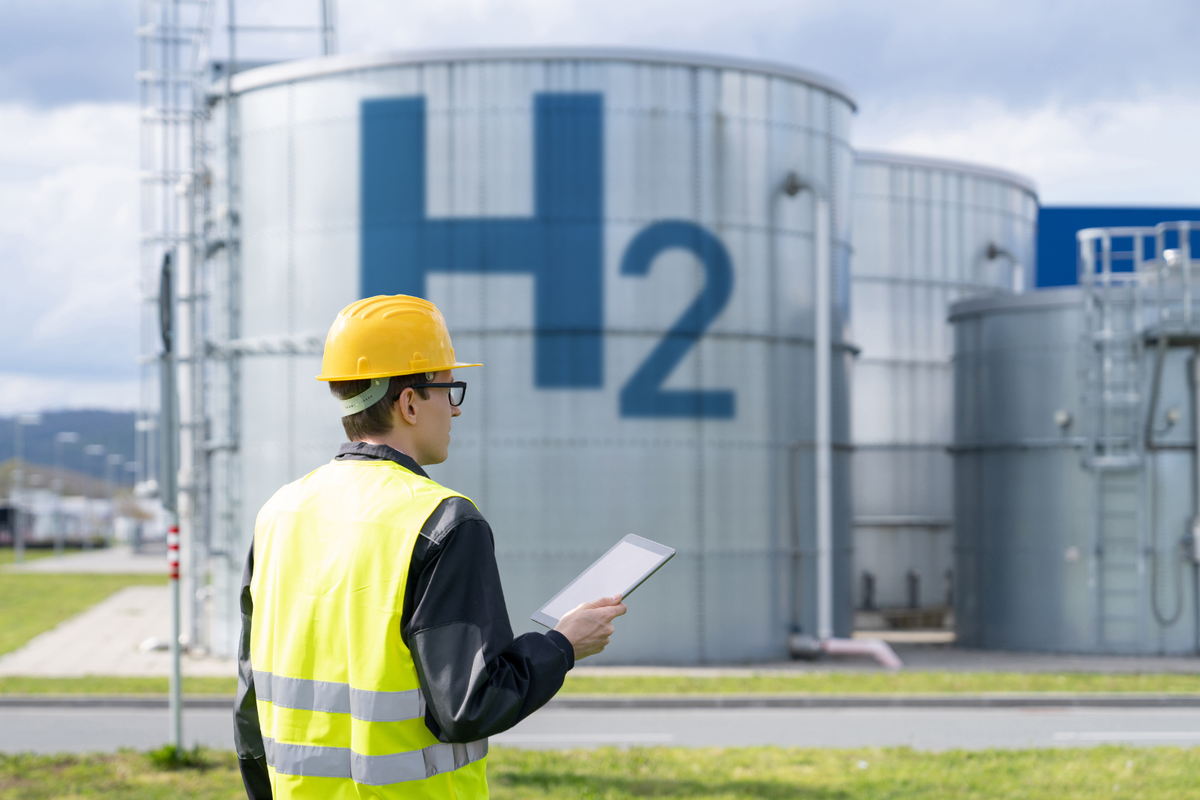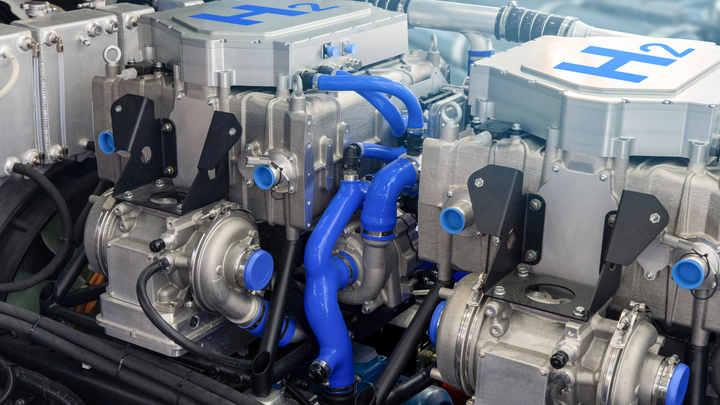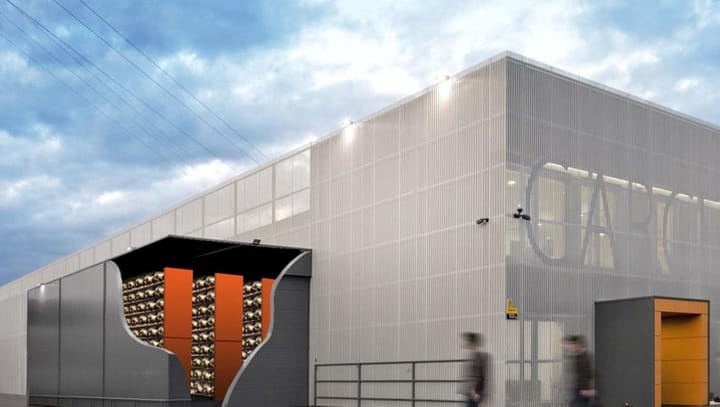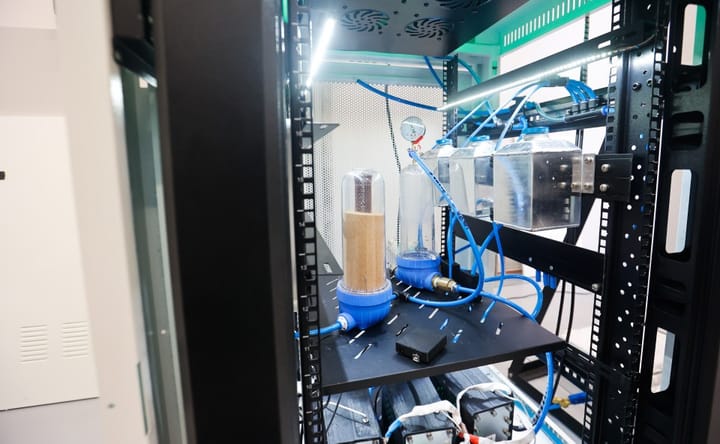Eight Baltic Sea Nations Agree on Hydrogen Infrastructure Development

Eight countries around the Baltic Sea, including Lithuania, Latvia, Estonia, Finland, Sweden, Denmark, Poland, and Germany, have united to advance hydrogen infrastructure. The Lithuanian gas transmission system operator, Amber Grid, announced this collaborative effort through a memorandum of cooperation aimed at developing a robust hydrogen market in the region.
The agreement focuses on creating a "hydrogen corridor" stretching from Finland to Germany by 2030. This corridor will facilitate the transmission of hydrogen across the participating nations, enhancing the region's energy infrastructure and contributing significantly to the European Union's greenhouse gas reduction goals.
Amber Grid emphasized the Baltic Sea region's substantial potential for generating both onshore and offshore electricity, estimating that it could meet about 45% of the EU's green hydrogen demand as projected in the REPowerEU roadmap by 2030. To support this initiative, several large-scale studies on cross-border hydrogen infrastructure projects have been launched. Notable among these are the Nordic-Baltic Hydrogen Corridor, Baltic Sea Hydrogen Collector, and Nordic Hydrogen Route.
These projects, which have been granted Projects of Common Interest (PCI) status, are crucial for developing the necessary infrastructure and market conditions to promote hydrogen production and distribution. This aligns with the broader goals of the REPowerEU plan, regional targets, national strategies, and the European Hydrogen Backbone vision.




